BLOG
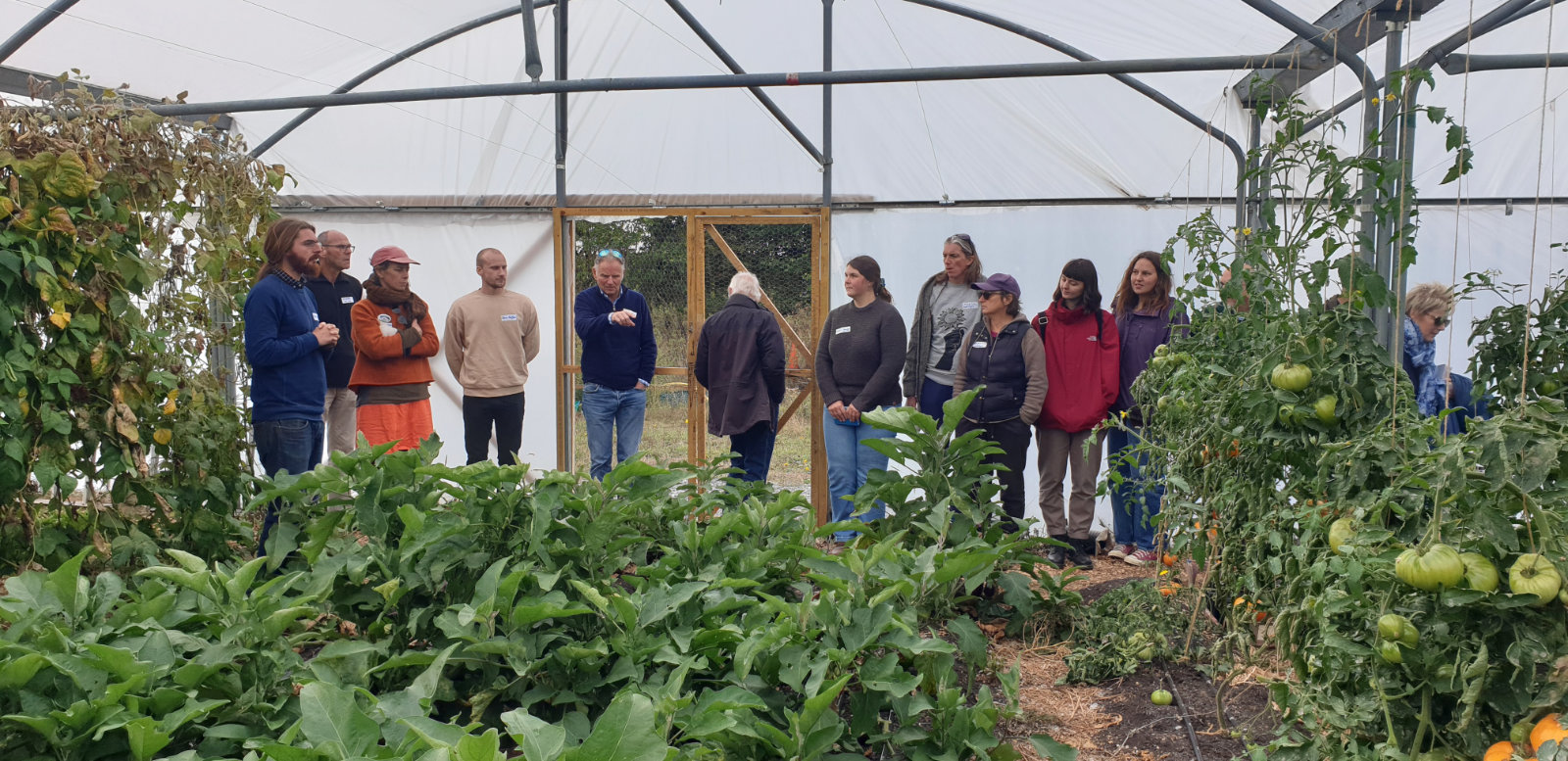
Advocating for Agroecology: Webinar Recap!
On Thursday 13 October, the partners from the project “Caravan for Mediterranean Agroecology” hosted a webinar to discuss the value of advocating for agroecology in the Mediterranean region. Bringing in the Experts! Facilitated by Jocelyn Parot, the General-Secretary of URGENCI, the webinar brought three advocacy experts to share their experience.
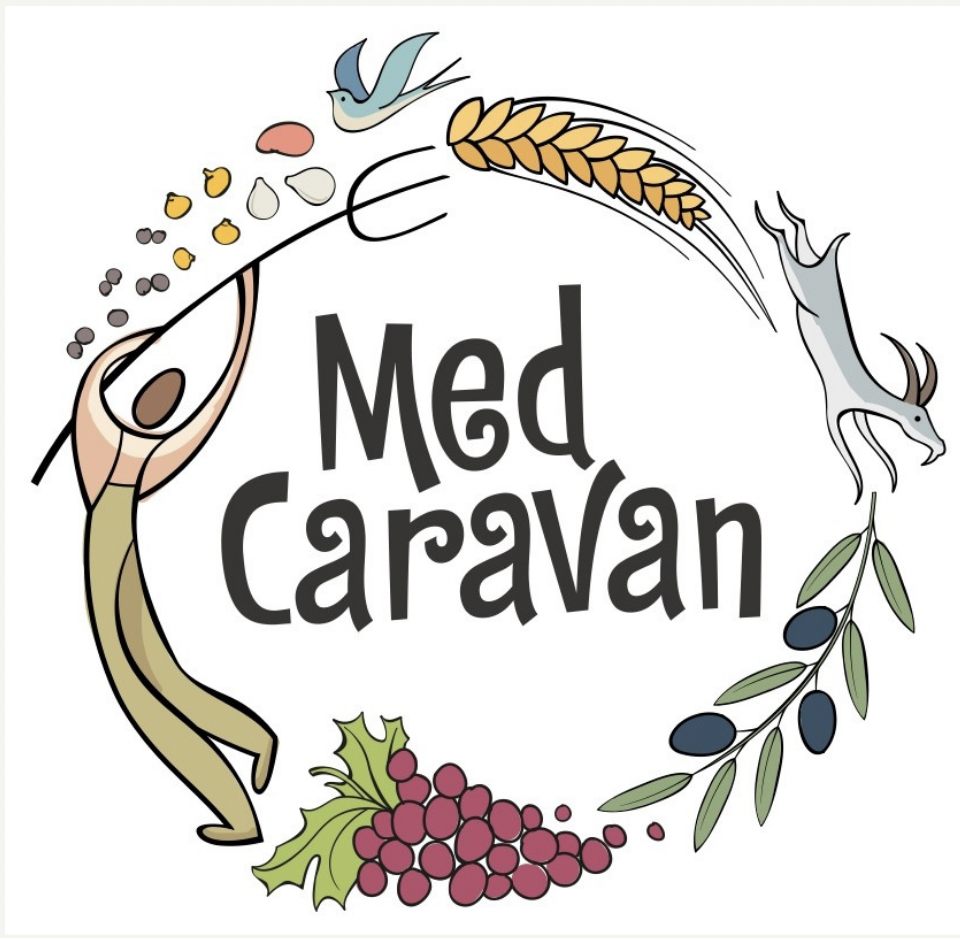
Making Our Transition Narrative Heard in the Cacophony: How to Advocate for Agroecology in the Mediterranean context?
Join our next webinar, Thursday 13 October, 1800-1930 CEST (UTC+2) Languages: AR, EN, IT, PT, FR, ES Registration link: https://bit.ly/3fFXJKI With experienced advocates from Croatia, Spain and Italy: Suncana Pesak (HSEP), Isabel Alvarez Vispo (URGENCI), Elisa D’Aloisio (Il Molinaccio al Rio Chiaro). This webinar is organized in the framework of

Knowledge Caravan Serbia: Preserve Knowledge and Create Innovations
The Knowledge Caravan Serbia attended the workshop “Preserving traditional knowledge and creating innovations” held 19th May 2022, we brought 12 participants to visit the regenerative agriculture project “Our Little Kingdom” in the village of Krčedin, 60 km away from Belgrade. The workshop started with the presentation of the E+ project
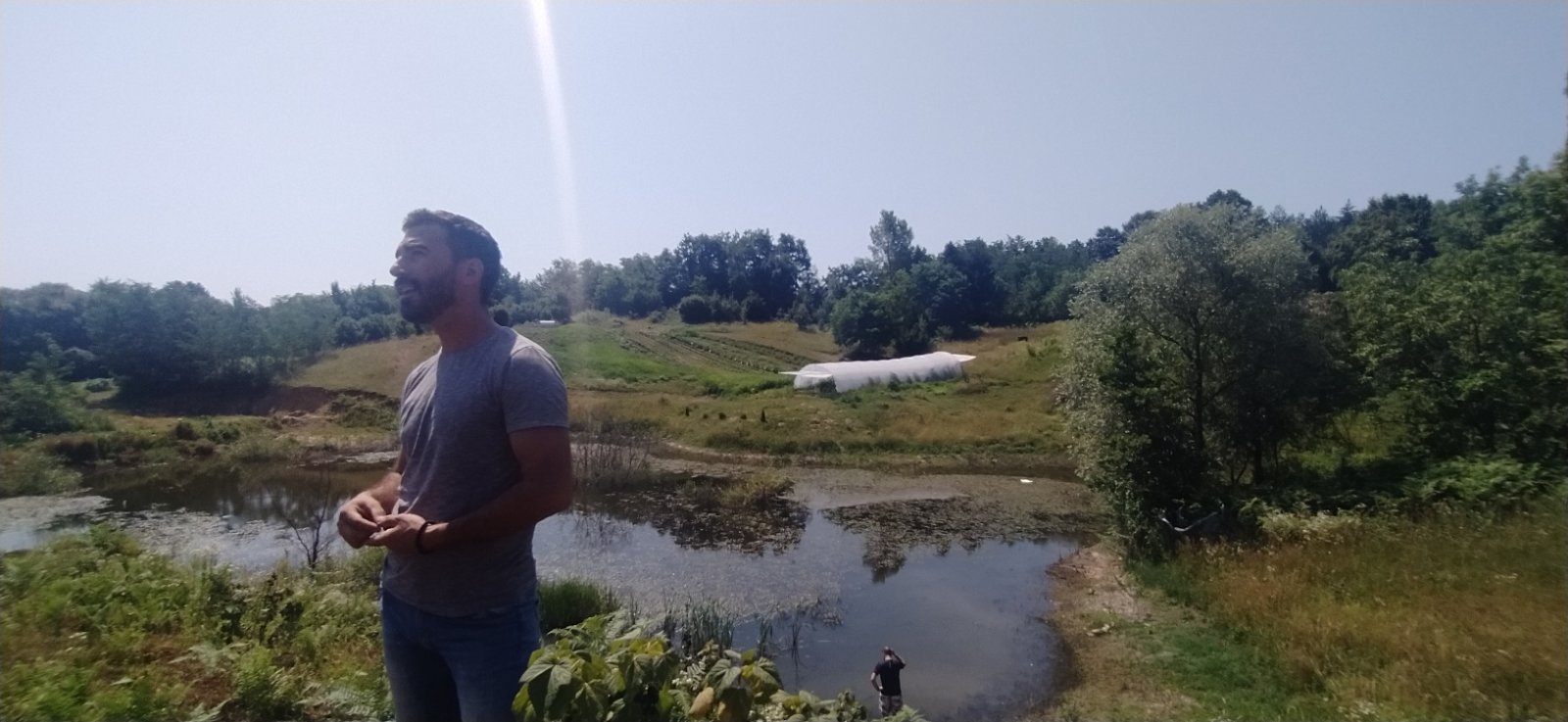
From Traditional to Modern Agriculture: Knowledge Caravan Serbia
The Knowledge Caravan Serbia arrived at the workshop “From Traditional to Modern Agriculture: How to work in Balance with Nature and Economy.” This workshop is a part of the Erasmus+ project and occurred on 3 July on the organic farm “Organela” located in the village of Valjevska Kamenica, 10 km

Agroecology in the Mediterranean Region: Soil Fertility and Water Management
On Thursday, 22 September, the partners from the project Mediterranean Caravan for Agroecology held a webinar titled “Soil Fertility and Water Management in the Mediterranean Region.” (See the replay of the session here! In addition to English, there are Italian, Portuguese, Arabic, and French replays as well.) The webinar brought
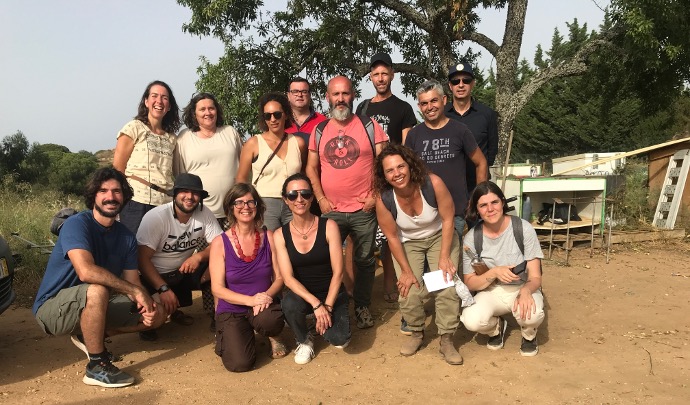
Knowledge Caravan in Portugal – The Lagos and Mértola Route!
The Knowledge Caravan was organised in partnership with Lagos (southwest Portugal) and Mértola (southeast Portugal) Municipalities. These two municipalities were invited because of their work in promoting local sustainable food systems. Lagos Municipality supports the weekly farmers market Vivo’ Mercado where participants are divided into three different categories: organic certified,
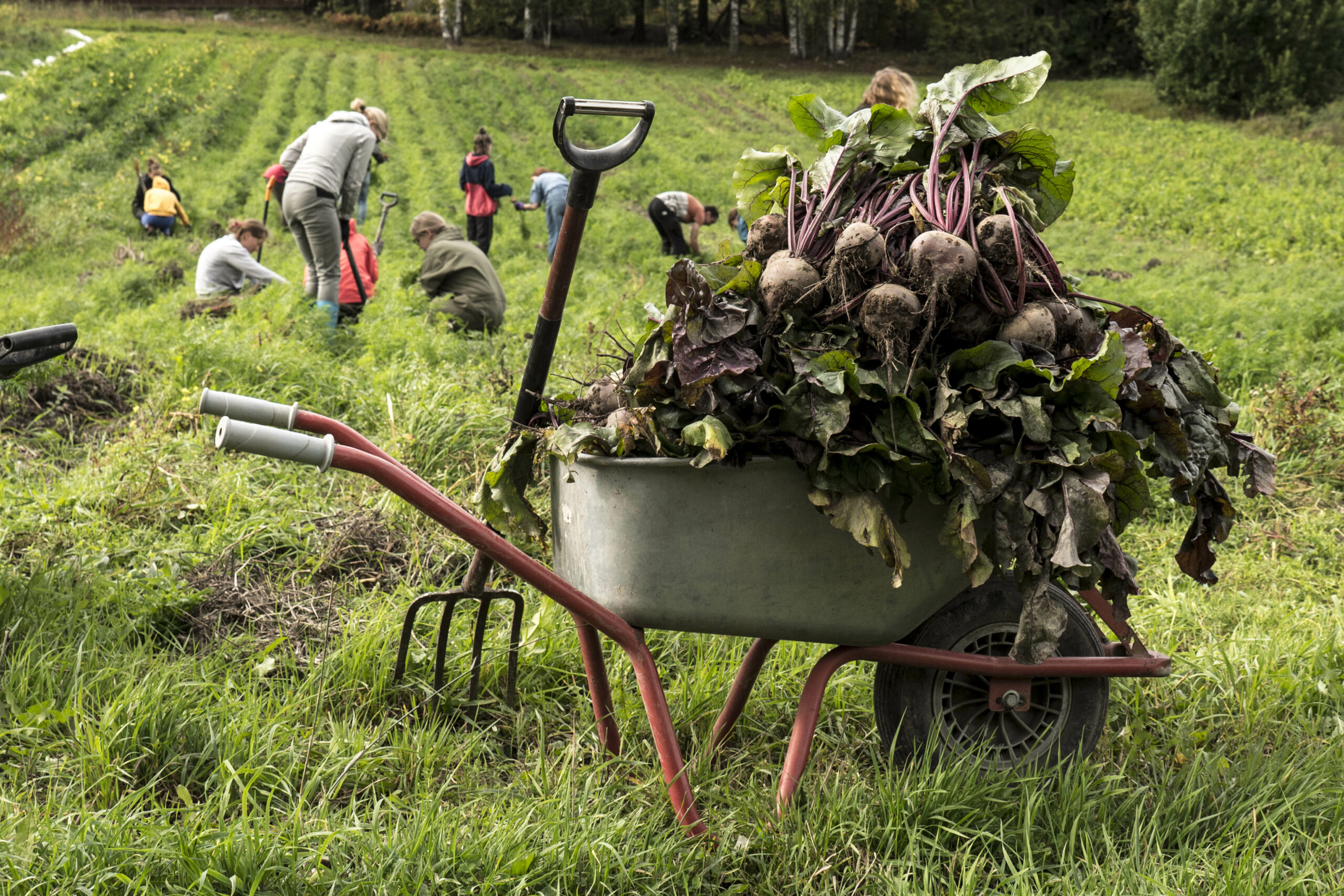
Membership Bidding Round 2022
It is the season of our yearly Membership Bidding Round. Let’s grow our network together. Each member organization should the amount of its bid before October the 31st.
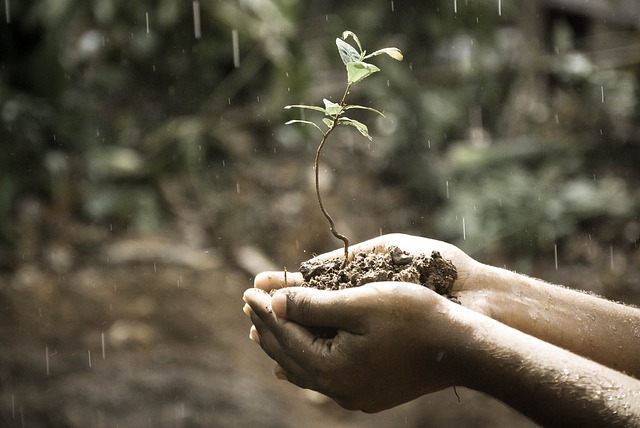
Soil fertility and water management webinar
Healthy agricultural soils are the foundations to assuring food security and proper nutrition now as well as in the future. They play a key role in the carbon cycle, storing and filtering water, and improving resilience to floods and droughts. Especially in regions with water stress, and now due to
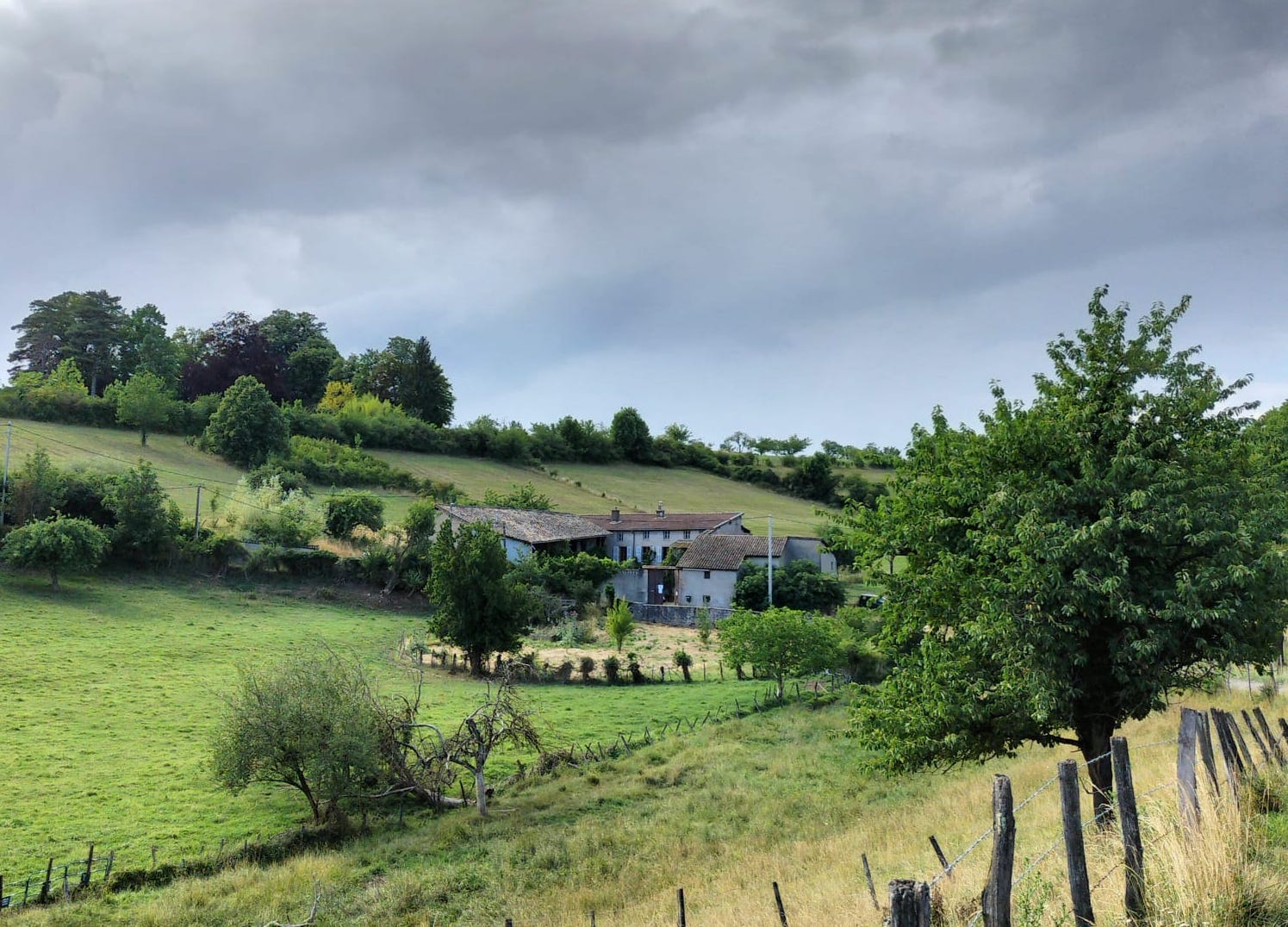
Terre de Milpa – Women in agroecology project
Terre de Milpa is a newly created project that aims to develop and promote agroecology for women, allowing them to reappropriate agriculture. As part of the social and solidarity economy movement, the project works for social, ecological and food justice. When we visited the project in June 2022 they had
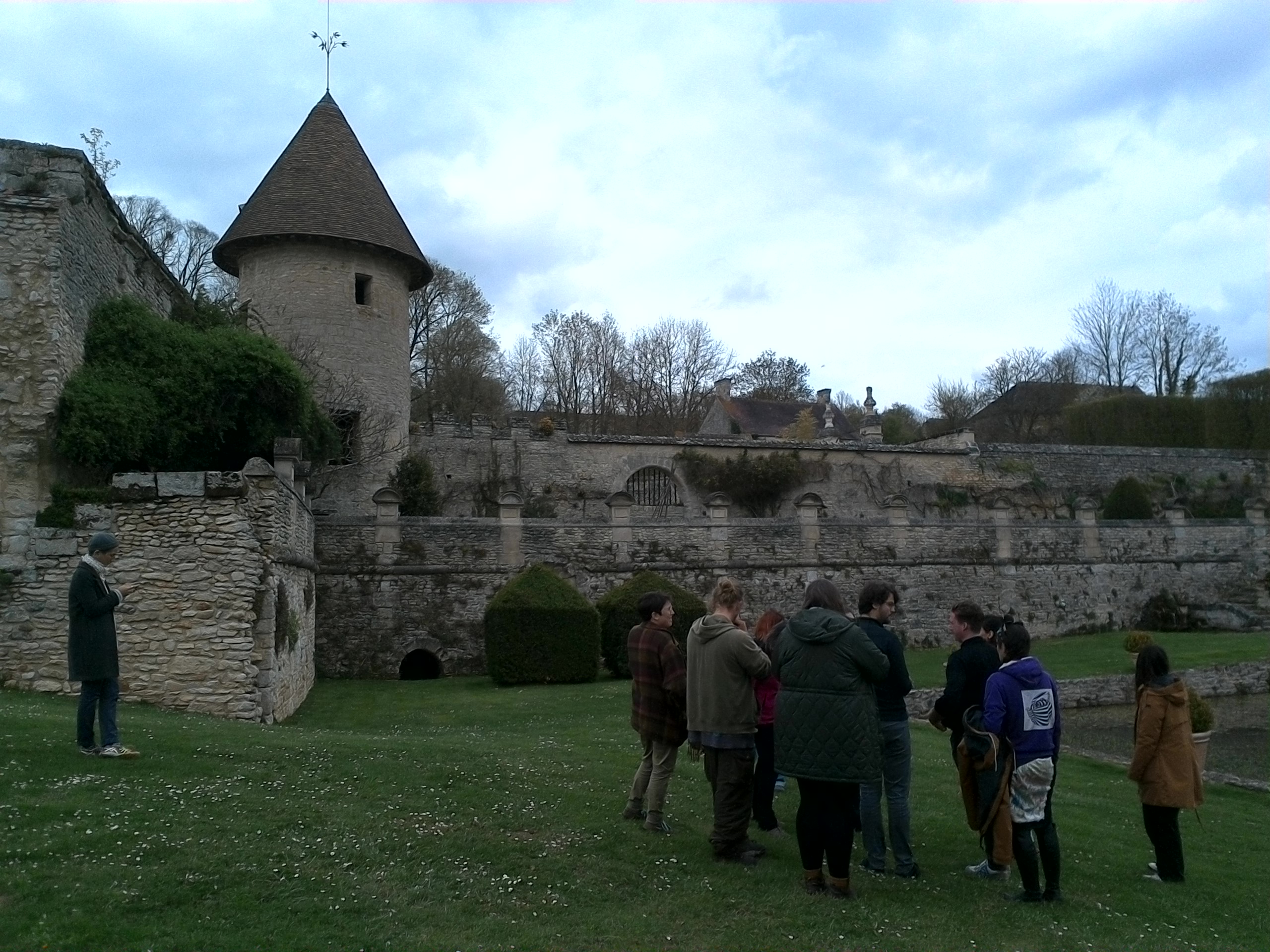
Capacity-Building Training at Villarceaux
In early April, the partners involved with the Erasmus-funded advocacy project, SALSIFI (Supporting Advanced Learning for Stakeholders Involved in Sustainable Food Systems Initiatives), met at the beautiful La Bergerie de Villarceaux, just outside of Paris. This training was an opportunity for partners to meet – for the first time! –
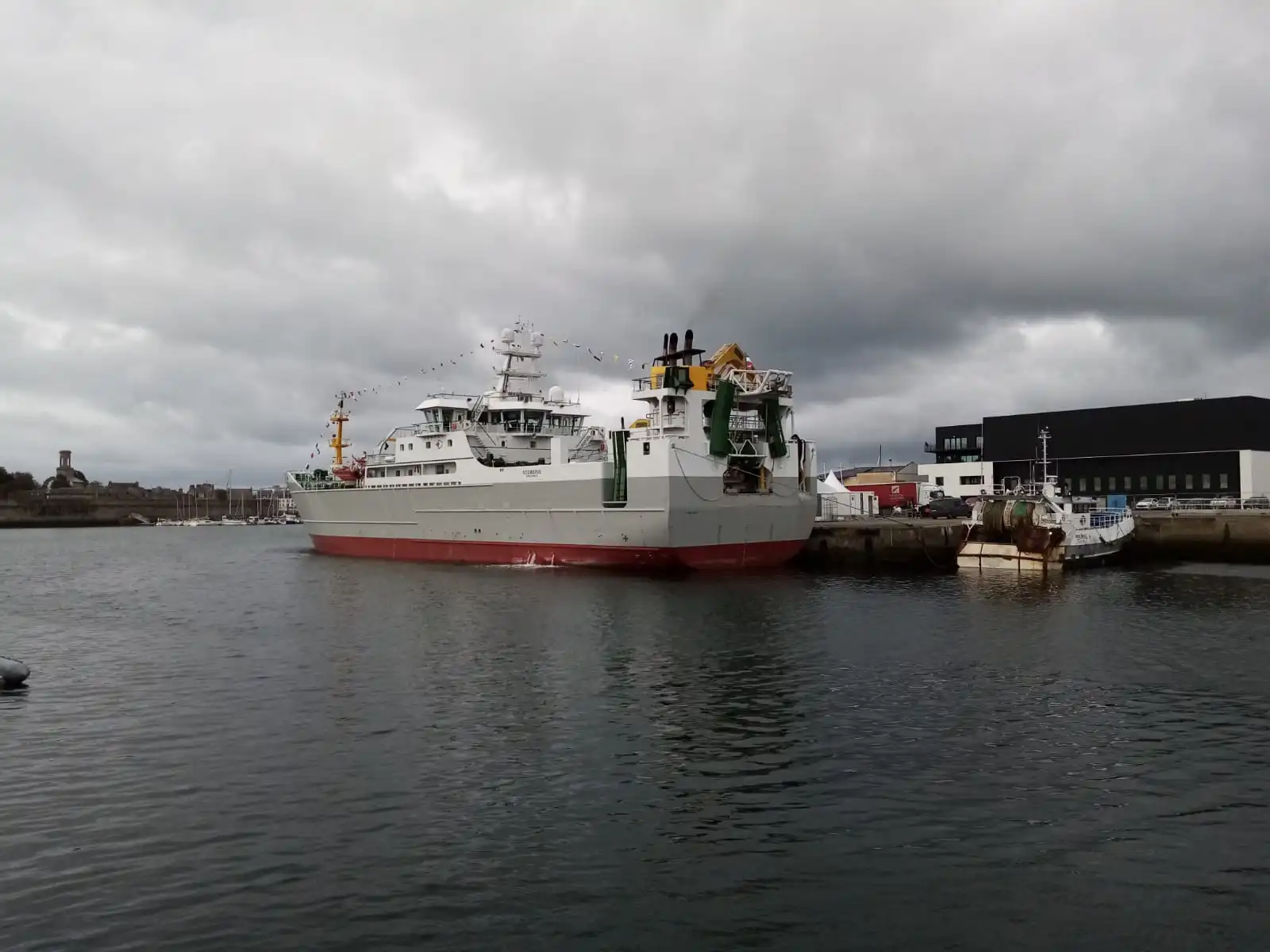
Community Supported fisheries Around Europe: Netherlands
A contribution by Thibault Josse, Pleine Mer / URGENCI Monday 25 October 2021, Pleine Mer and its partners published a study that revealed the extent of the industrial fishing scandal. How did a handful of millionaires get rich by monopolising European quotas? How did two Dutch industrial fishing giants take
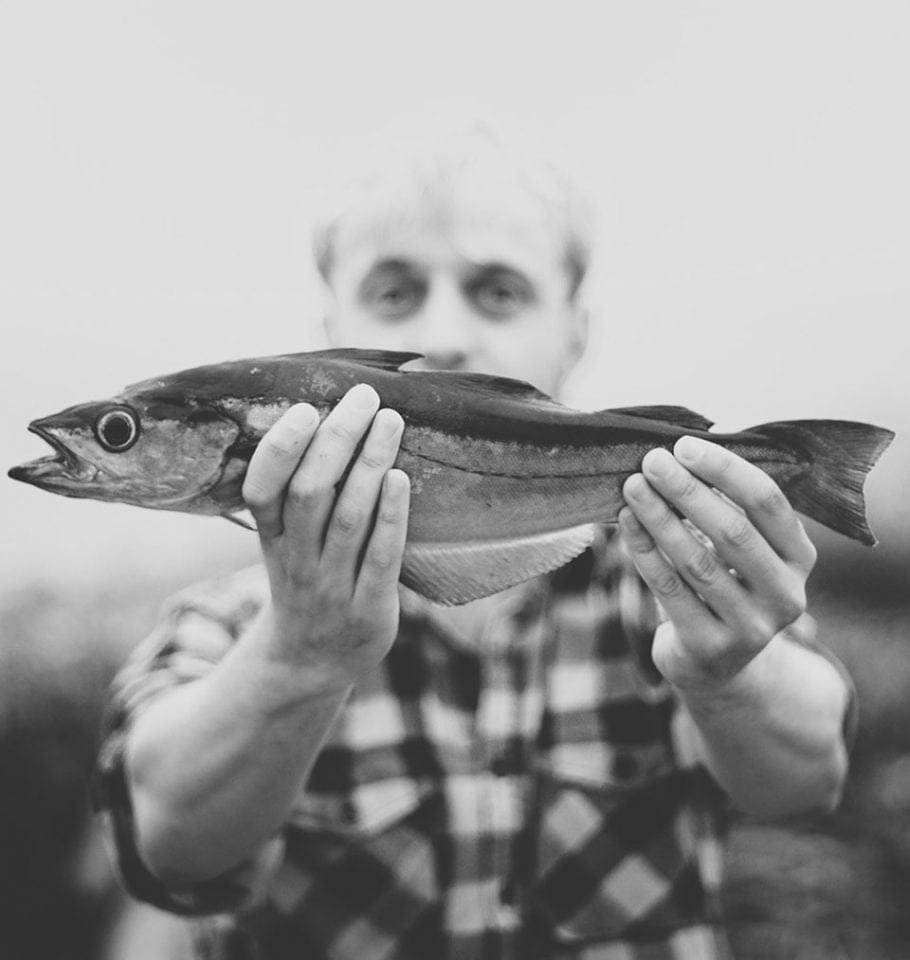
Community Supported Fisheries Around Europe: United Kingdom
A contribution by Thibault Josse, Pleine Mer / URGENCI The United Kingdom is an archipelago, the cradle of the industrial revolution. It was the first country to deploy a fleet of “industrial trawlers”, as early as the 1880s! Symbolically, these steam trawlers were the first experiment where man used fossil

